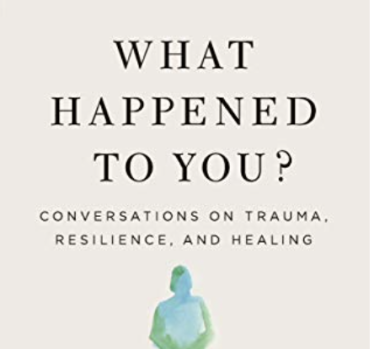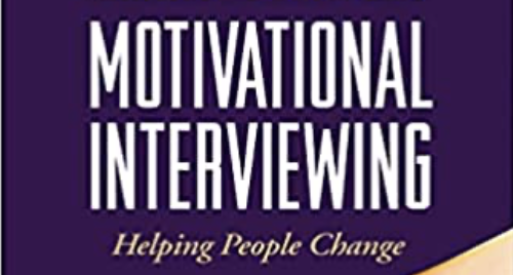As described in the best-selling book What Happened to You? (see RESOURCES below), with the recognition of the high prevalence of trauma and devastating
impact of trauma, our conversations shift:
- from What is Wrong with You?
- to What Happened to You?
Building a safe and trusting Clinician-Patient Partnership is essential to promote deep conversations about painful topics. Key principles*:
o Universal Precautions: Assume a history of trauma without asking
o Notice the IMPACTS of past Trauma - rather than asking directly about the trauma itself
o Open-ended questions:
- Sleep is a fairly neutral way to open a conversation - and is often disturbed by current stress or past memories. See
Quick Questions about Sleep
- Any stress at school/work?
- In the case of a severe or unusual illness: What was going on in your life around that time?



